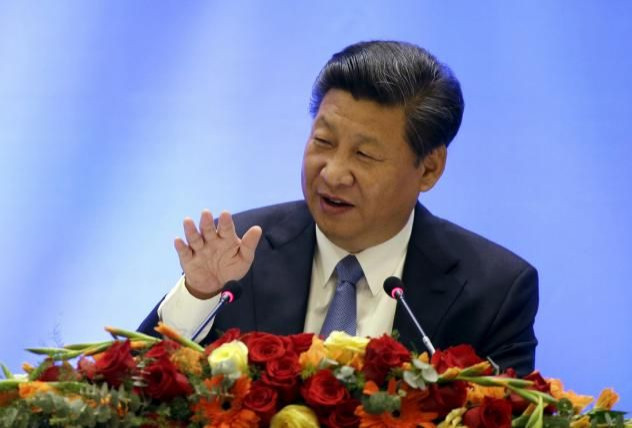Analyst claims South China Sea nuclear war imminent for US and China

A Chinese professor said that China will be willing to go to a nuclear war with the United States over South China Sea dispute. Following the United States' decision to send a warship to sail close to the disputed region, China appears willing to engage in more forceful measures.
According to China, the United States is guilty of provocation. Furthermore, Zhang Baohui believes that Beijing’s rhetoric following the warship incident incidate that Chinese officials can push for more “concrete and forceful measures” to challenge the U.S. Navy.
“If so, a face-off between the two navies becomes inevitable. Even worse, the face-off may trigger an escalation towards military conflicts,” wrote the professor in his RSIS Commentary.
The problem, he claimed, is that the United States military appears "oblivious" to the scenario. Decision-makers in the West seems to believe that America’s conventional military superiority can still deter China from resorting to any aggressive measures against their provocations. This is not the case. According to Zhang, this “U.S. expectation is flawed, as China is a major nuclear power."
“When cornered, nuclear-armed states can threaten asymmetric escalation to deter an adversary from harming its key interests,” he added.
A clear indication of China’s confidence in its military power includes the military parade it conducted last Sep. 3. The event itself revealed China's new military capacity in the form of next-generation tactical missiles. There are also reports of long-range cruise missiles capable of carrying tactical nuclear warheads.
China recently reiterated that the United States is guilty of provocation. The warship and the bomber sent to the disputed region are apparently proofs of such. Furthermore, Chinese Deputy Foreign Minister Liu Zhenmin previously said in the briefing last Sunday that countries should not "deliberately stir up trouble" in the South China Sea." The minister emphasised that the premier's proposal comprised of addressing the claims and disputes via negotiations and consultations.
Zhang Baohui is Professor of Political Science and Director of Centre for Asian Pacific Studies at Lingnan University in Hong Kong. He is the author of China’s Assertive Nuclear Posture: State Security in an Anarchic International Order (Routledge 2015). He contributed this to RSIS Commentary for the series on the South China Sea disputes.
Contact the writer at feedback@ibtimes.com.au, or let us know what you think below.





















